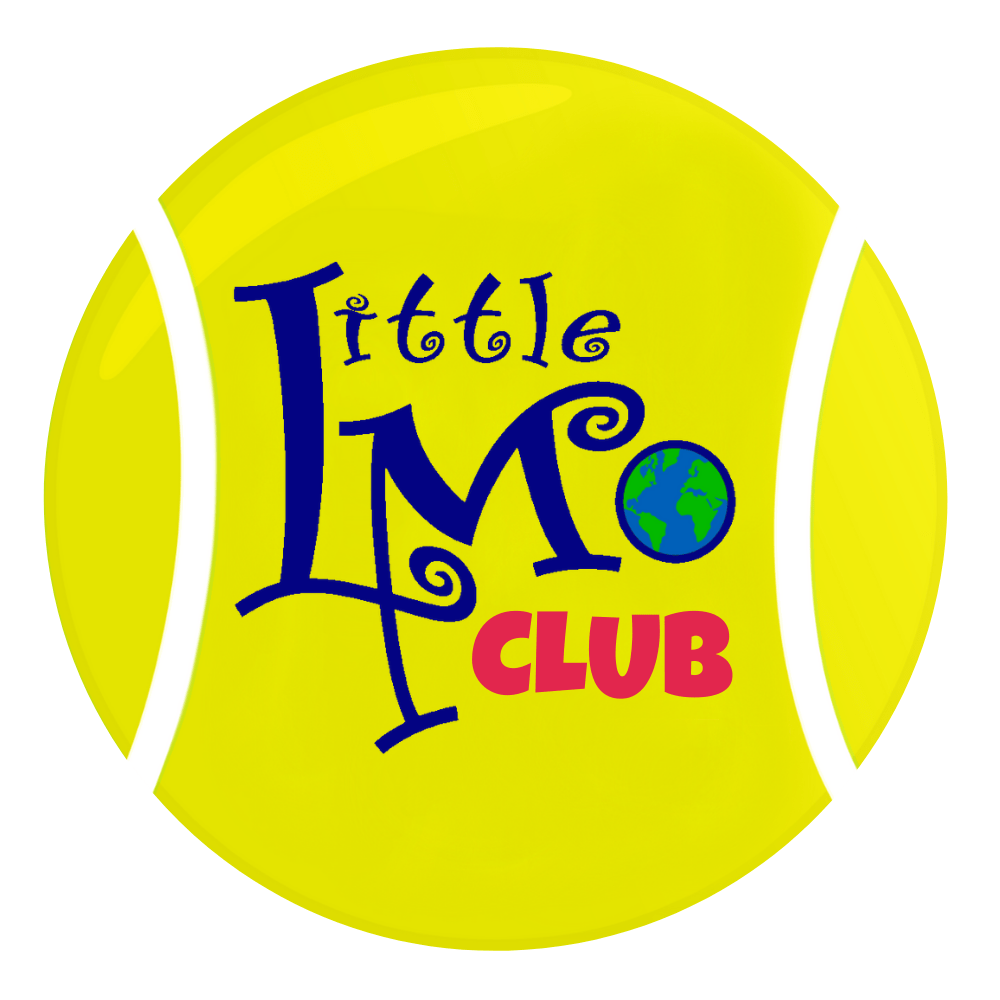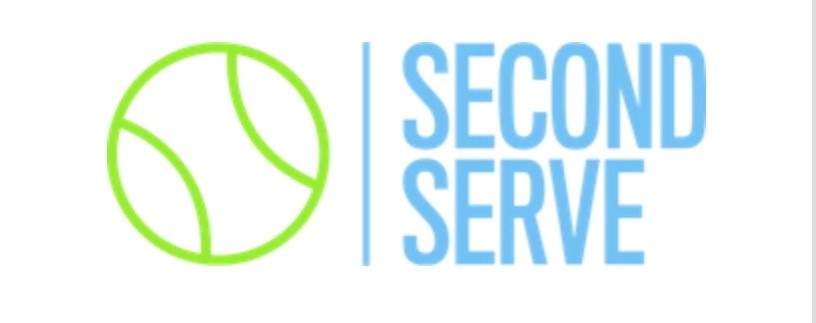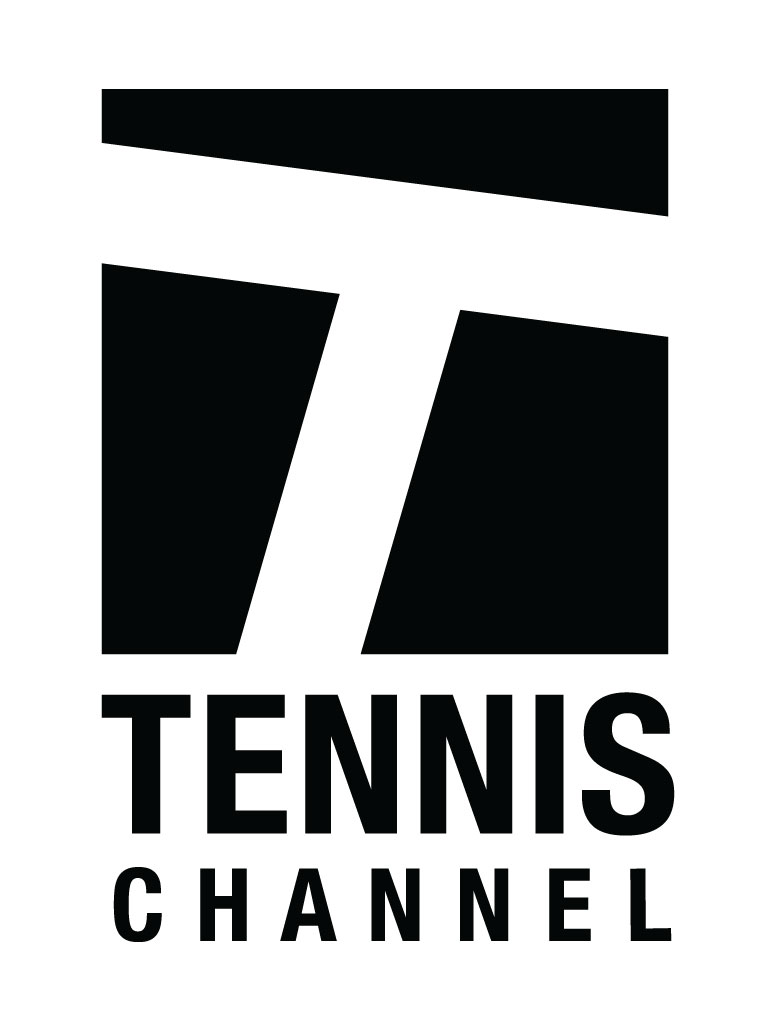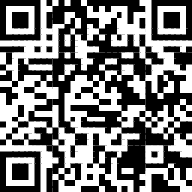99% out is still 100% in!

Winners never cheat and cheaters never win . . . until they do – seemingly a lot – especially in the younger junior divisions.
Coach and Tennis Parent Roy Coopersmith shared with me that “coaches and parents create the atmosphere many times that creates cheating in a junior.” The lesser of two evils ( in the mind of the child ):
1. I lose and my parent freaks on me.
2. I cheat and win, my parent is happy I have won, and I don’t suffer.
The cheating then becomes a justifiable action. And cheating does win but also creates losing feelings and feelings of a sort of desperation in the person who was cheated. It is hard to really describe the feeling until you really witness it.
I can vouch for that feeling of desperation. In one of my son’s first tournament matches in the U10s, he was playing a boy who just couldn’t seem to see the ball or the lines. Even the kid’s dad commented repeatedly during the match that his son was making some really bad calls. I could tell my son was getting more and more frustrated as the match went on, throwing up his hands, repeatedly asking the kid, “Are you sure?”
The cheating continued throughout the match, sending my son into a complete mental tailspin. Needless to say, he lost the match.
But, worse than losing a tennis match was the fact that my son lost his faith that day. He let that cheating experience color his ability to walk onto the court with the expectation that all players were operating under the same set of rules. From that point forward, for many tournaments and many matches, he was unable to give the kid on the other side of the net any benefit of the doubt. One questionable call and my son labeled the kid a Cheater.
And no amount of parenting advice or coaching advice seemed to help. Getting an official to watch the match didn’t help. The only thing that helped was experience. And maturity. And developing the ability to LET THINGS GO.
There are a lot of theories about the best way to handle a cheater. One coach suggested letting the first bad call go, chalking it up to a mistake. But, if a second bad call occurred, then my son was to call the opponent’s next ball OUT, regardless of where it landed in the court, sending the message that two can play at that game. That advice didn’t work. My son just couldn’t do it . . . he couldn’t cheat.
Another coach also suggested letting the first bad call go but after the second bad call, summoning the opponent up to the net and asking if he was sure he wanted to play under the “new” rules where a ball hitting the line is called out, again sending the message that both players were going to follow the same rule book. That advice didn’t work either.
Another suggestion was for my son to change his tactics so that he was keeping the ball away from the lines. That was a great idea . . . in theory. The only problem with it was that my son’s focus went entirely to avoiding lines, resulting in too many unforced errors in the net.
Yet another coach suggested getting an official to stand on the court and monitor the line calling in hopes that the offending party would behave. More often than not, that advice came back to bite my son in the backside. The bad calls would stop while the official stood there. Once the official decided there was no cheating going on, he or she would leave the court, and the bad calls would start right back up again, leading to even more frustration for my son.
One of my favorite suggestions comes from tennis historian, Phil Secada, who told me, “When I played in juniors and knew I was up against someone who was willing to rook me <i.e. cheat> to win, I purposely called a shot in when I knew that the ball was out. It was usually on his serve. I then would ask him if he saw the ball differently? Sometimes, he would say that the ball was really out. I would then ask him if it was ok to play the point over? He would then say yes or no. Maybe the junior was never taught how to call shots; all he or she was taught was how to call shots by emotion?”
Why do some kids cheat? Tennis Parent Phil Wright told me he has heard from a lot of coaches that it is the competitive spirit that is driving the bad calls. The kid wants to win so badly that he “sees” the shot outcome he wants. But it’s hard to avoid attributing it to plain old dishonesty and bad teaching.
It’s up to the parents and the coaches to teach their players how to call the ball. This is another reason why tennis coaches should be with their students at least once every 3-6 months at just one tournament, just to see what is happening. But the bottom line is that it is OUR responsibility as The Parent to teach honesty. If it’s your child who is cheating, for goodness sake, pull him off the court! Teach him a hard lesson that cheating will not be tolerated in your family. Tell him that you will not stand for your family name to be tarnished. Be his moral compass.
Over the years, my son has lost numerous points and games and even matches to kids who cheat. He has finally learned to deal with it, stay mentally tough, and move on. The kids who play tournaments on a regular basis KNOW who cheats and who plays fair. By the U16s, most of them have learned how to win despite the cheating.
But, what happens when it’s your child who is wrongly accused of making a bad call? That has recently happened to my son, too, in two especially close matches at the same tournament. In the first match, my son was playing a friend of his in the semifinals of the backdraw. It was the 3rd time they had played each other in a 2-month time period, and they were level at one win apiece. The boys were playing a 10-point match tiebreaker after splitting sets, and my son had a match point. He rushed the net, and his opponent hit a passing shot that was just long at the baseline, so my son called it out and started walking back to the center of the net to shake hands. His friend questioned the call, but my son said, “Yeah, man, sorry, but the ball was out.” I was sitting court-side and also saw the ball as out, but on-lookers are not allowed to comment so I kept my mouth shut and tried to keep my facial expression neutral. The opponent shook his head, reluctantly shook my son’s hand, then walked off the court with his head down. My son felt awful! His first words to me were, “That ball WAS out, right Mom?” I told him that I had seen it out, too, and that he played a good match and should feel good about the win. Easy for me to say, harder for him to do.
Later that same day, he played the final of the backdraw. The opponent continually questioned my son’s line calls (presumably, playing head-games with my son) and finally got an official to stand on the court. Again on match point, the opponent hit a ball that my son called out when it missed wide. His opponent went ballistic, accusing my son of cheating then looking to the official for confirmation. The official confirmed things alright – he confirmed that the ball was out and that my son had won the match and the backdraw.
My son holds onto the fact that, in the top-level pro events, there are line judges and officials at every match. But he has a long way to go before he’s playing at that level. So, for now, he keeps working on staying focused during his matches, even if his opponent is “hooking” him. He keeps working on developing other tactics to beat cheaters. Most importantly, he keeps working on holding onto his own reputation as a worthy opponent.
Please share in the Comments box below your own experiences with cheating and how your child has dealt with it. Sadly, cheating is a fact of junior tennis life. Our job as Tennis Parents is to help our children learn how to overcome it while maintaining their own integrity out there.












